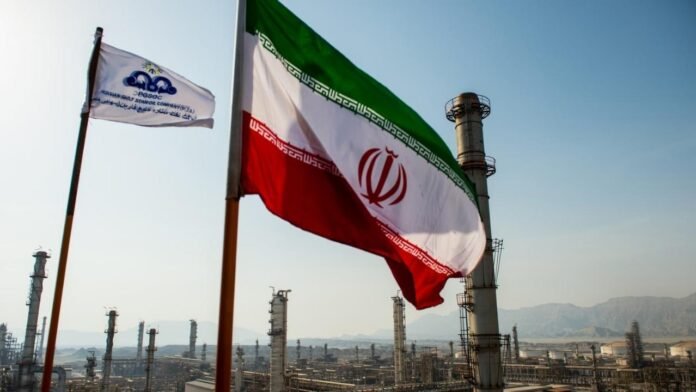In recent weeks, Israel relations with Iran have soured considerably, which has worried the international community. The Washington Post recently published a report on how Netanyahu, the Israeli Prime Minister, has communicated with the United States concerning the newly unleashed Israeli blueprint for action against the Tehran situation. In particular, Netanyahu has expressed to Washington that Israel has no intention of striking Iran’s nuclear program or oil industry. Instead, the focus appears to be on targeting Iranian military assets directly.
Details of Netanyahu’s Assurance
In the report, officials familiar with the discussions indicated that Netanyahu has specifically pointed out that the targets of any Israel strikes would not include Iran’s crucial nuclear or oil installations. This strategic pivot suggests that Israel is concentrating its military efforts on diminishing the capabilities of Iran’s armed forces rather than escalating tensions over its nuclear ambitions.
Iran’s Aggressive Posture
This cautious approach by Israel follows a major military incident in which Iran launched a substantial ballistic missile attack against Israel. Iran launched an attack from its territories at over 400 missile firing points that lay in numerous cities, including Isfahan, Tabriz, Khorramabad, Karaj, and Arak. With the attack, air raid sirens went off all over Israel, which was a clear indication of the severity of the threat and that it was not probably the last of such attacks.
U.S. Involvement and Reactions
In terms of the developing crisis, having allayed the fears of anti-war advocates, U.S. President Joe Biden has stated again his unwillingness to endorse Israeli attacks against Iranian nuclear facilities. Such a policy exemplifies the Biden administration’s faint approach to control and eases both states to avoid a more direct and aggressive confrontation. In the US, it has the potential to degenerate into an out-of-control conflict with other forces in the region, adding their input and increasing the level of complexity in the environment.
Potential Consequences of Military Action
Actions such as these that Israel intends to take in attacking Iranian installations, if not stopped, could further provoke such military actions from Iranians that are too rash to include asymmetrical warfare tactics or missiles. Such return provocations may contain additional missile strikes or even asymmetric warfare through proxy organizations in that region. This understanding increases the political potential for nations and the surrounding environment, making it imperative that diplomatic resolution be implemented more than ever.
As the pressure increases, so do the chances for confrontation in the Middle East. Both Israel and Iran look like they will go against each other with each other preparing for the fight. The volatility persisted, where it was predicted how military operations, which Israel intended to carry out, would develop and in what response Iran would react. There remains a need to strategize to achieve peace rather than use force to resolve conflicts.


